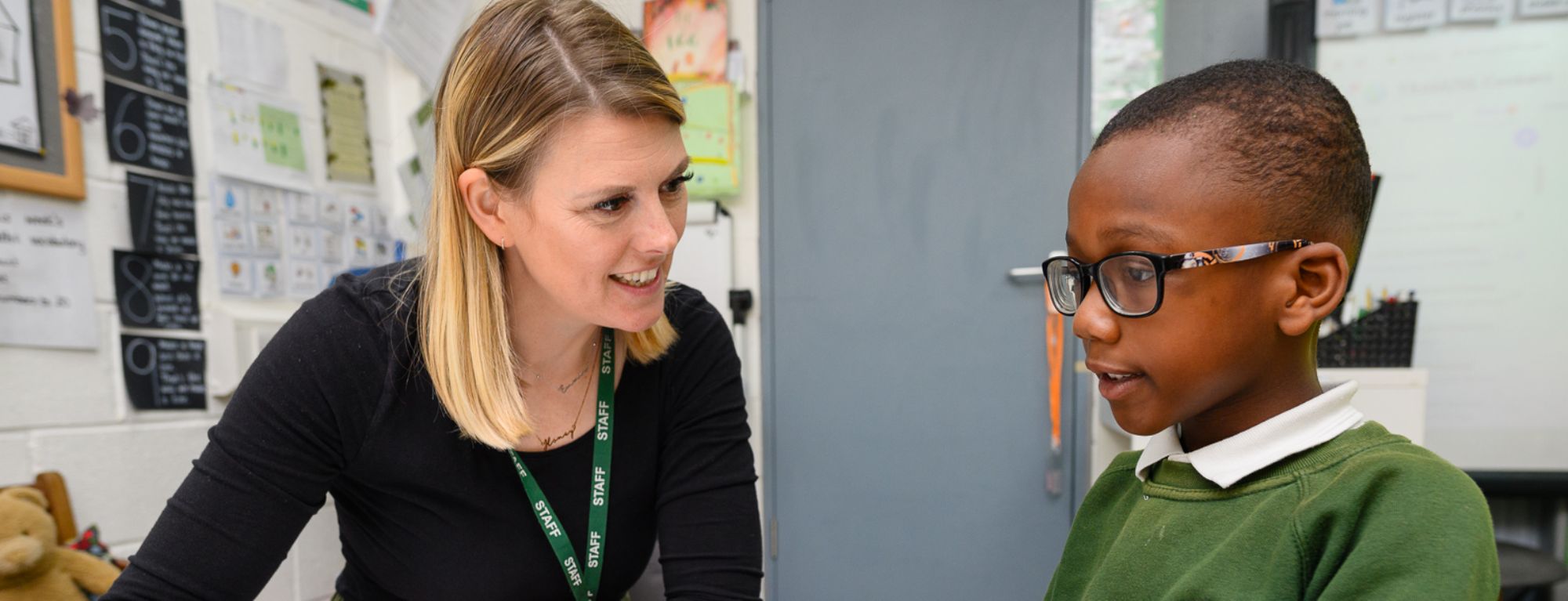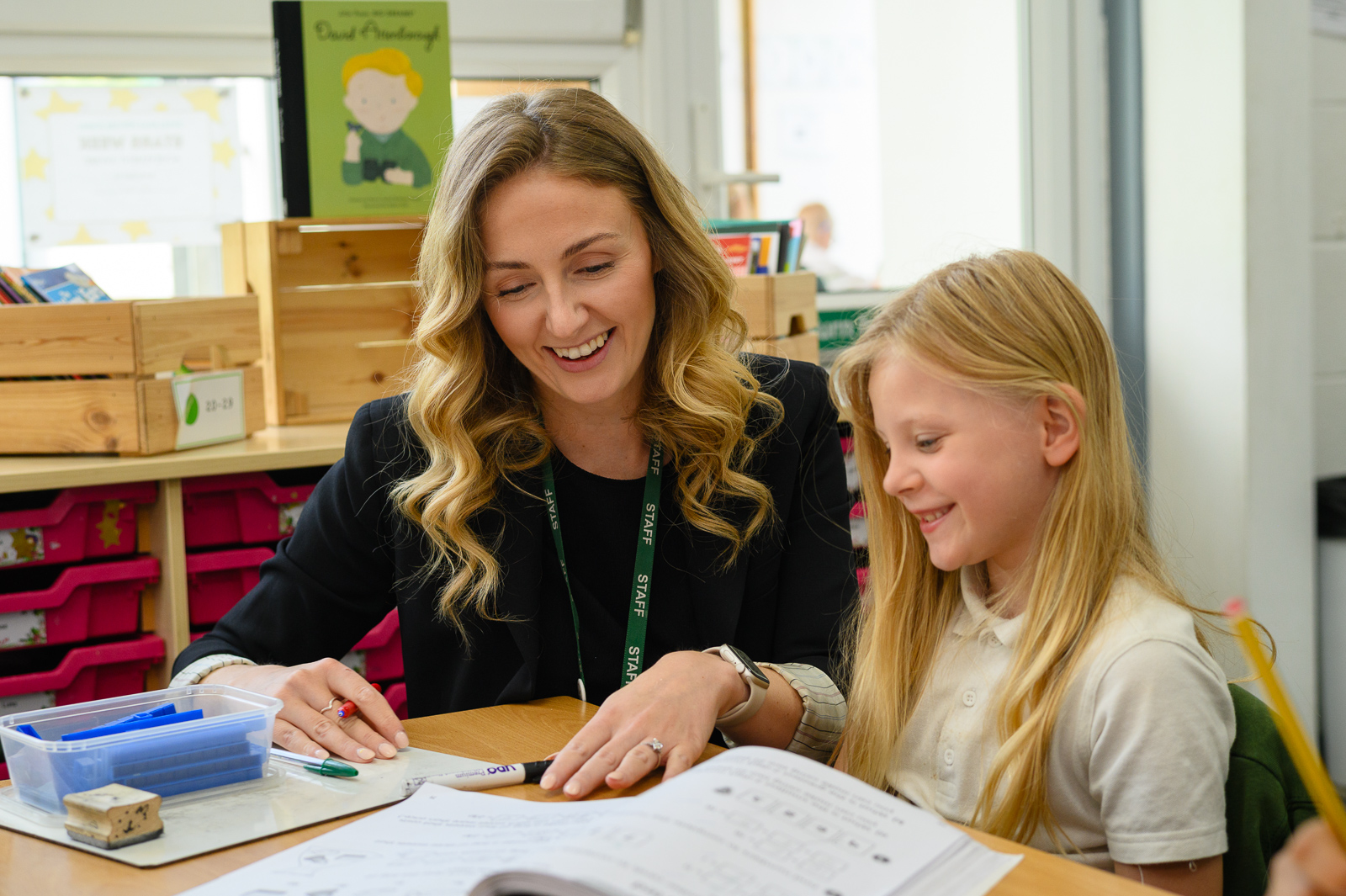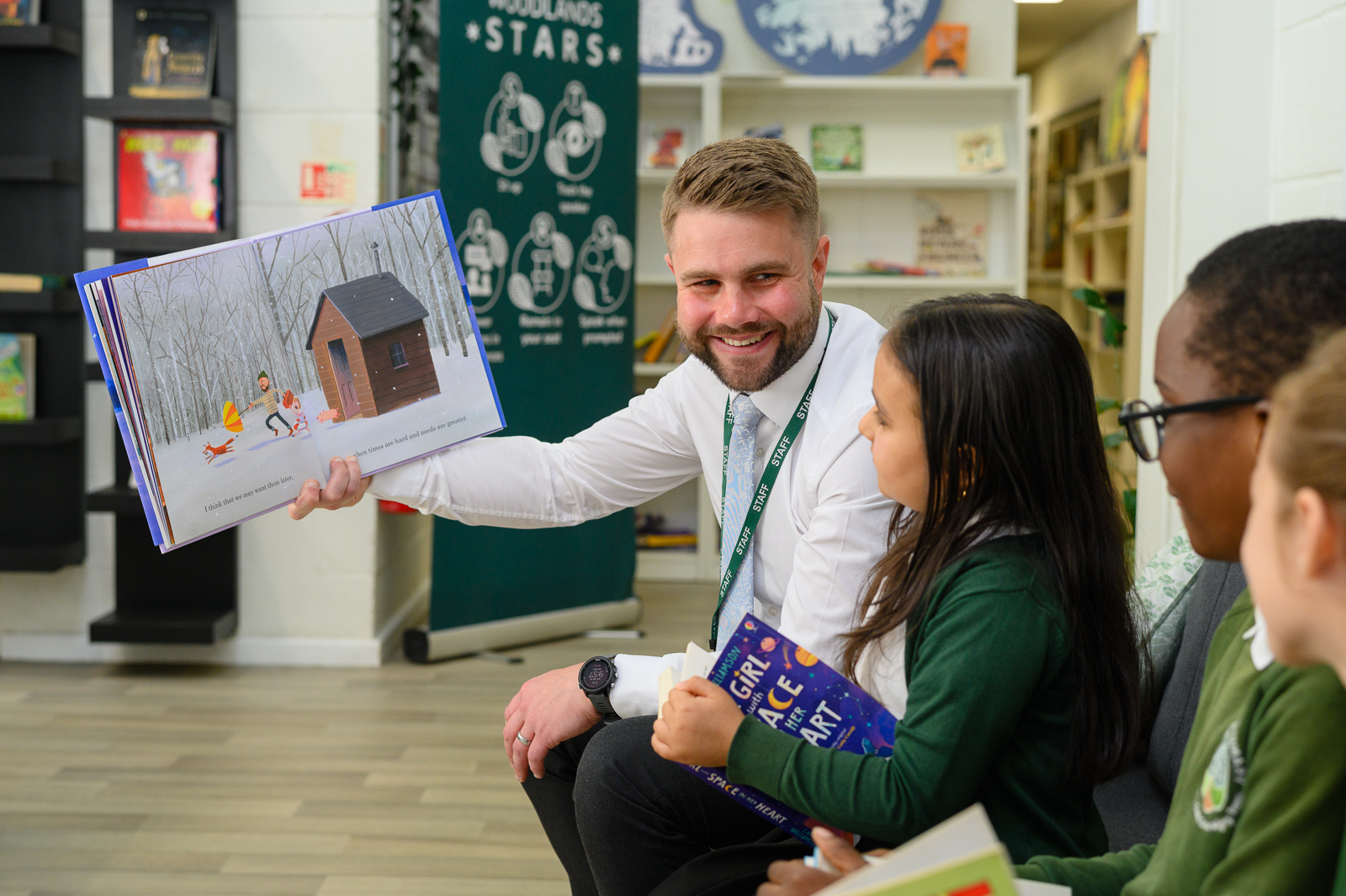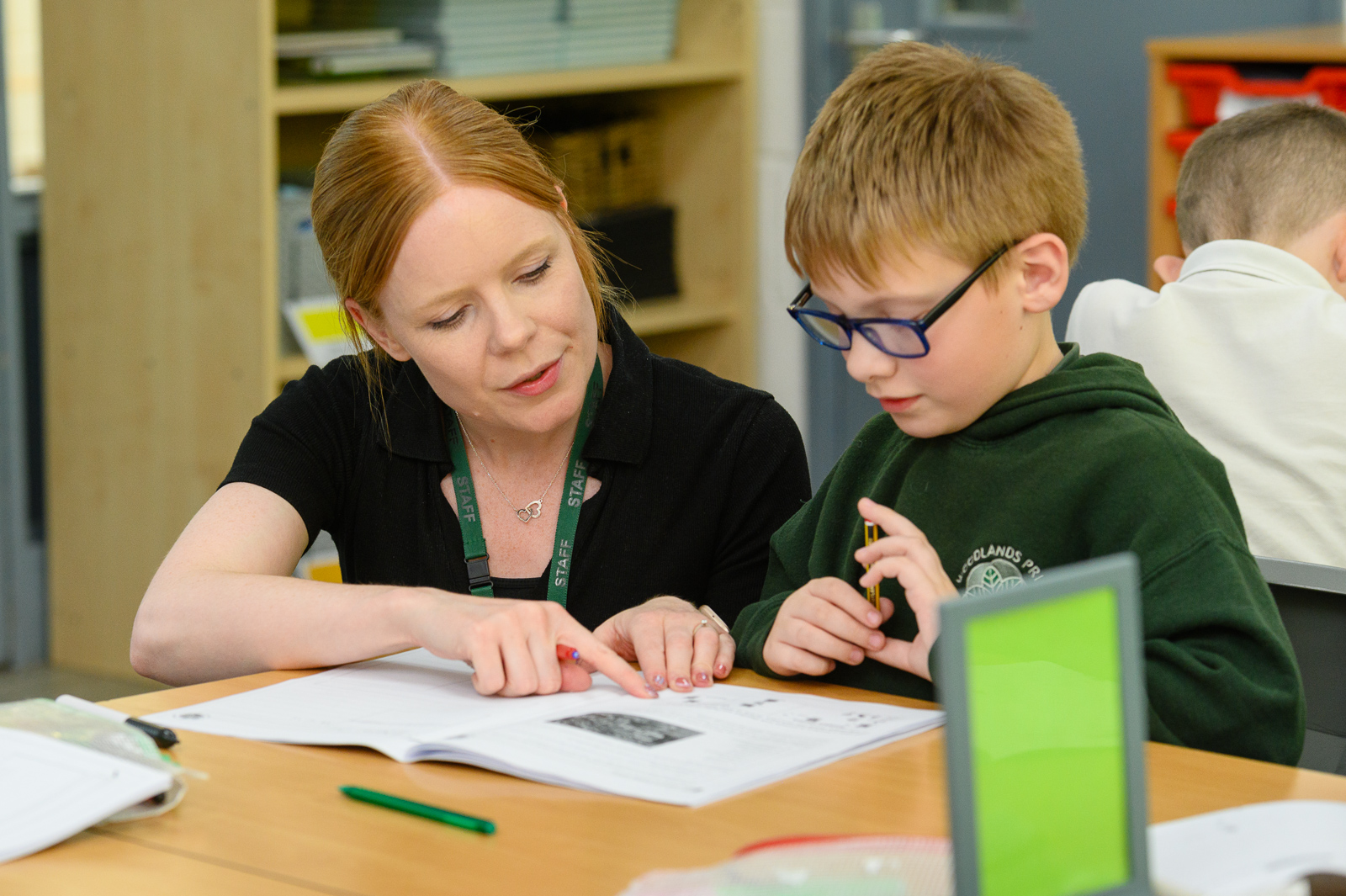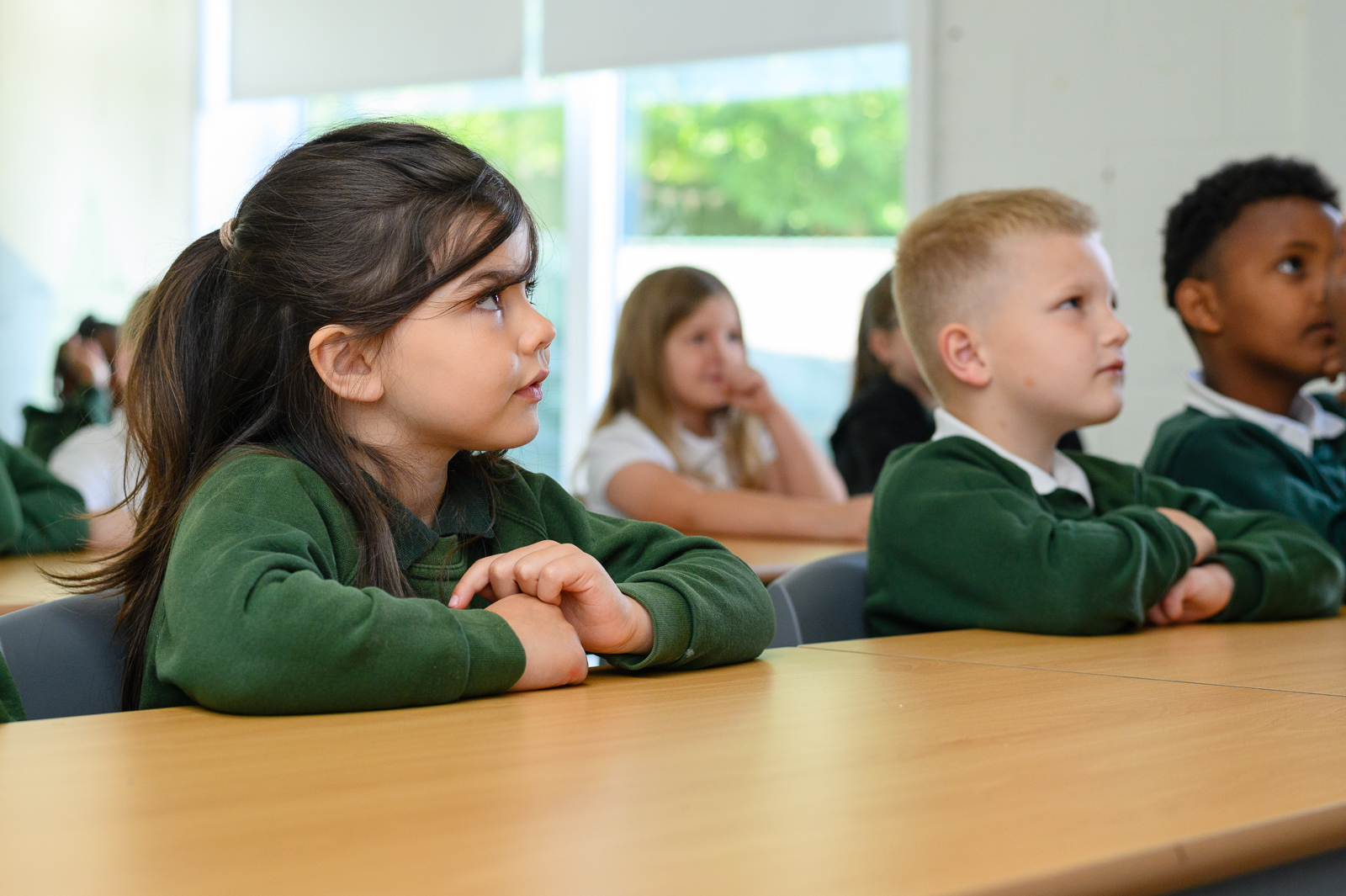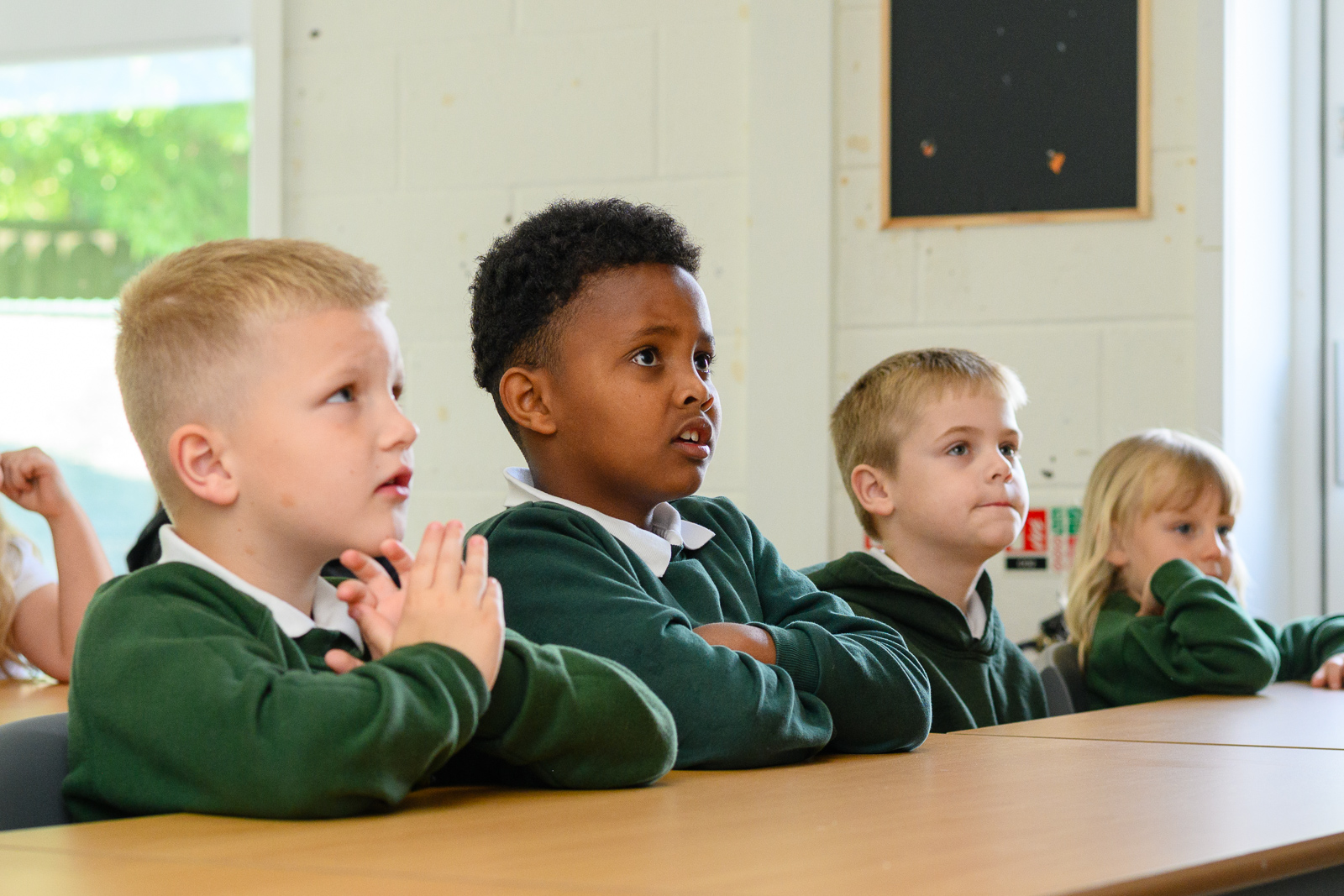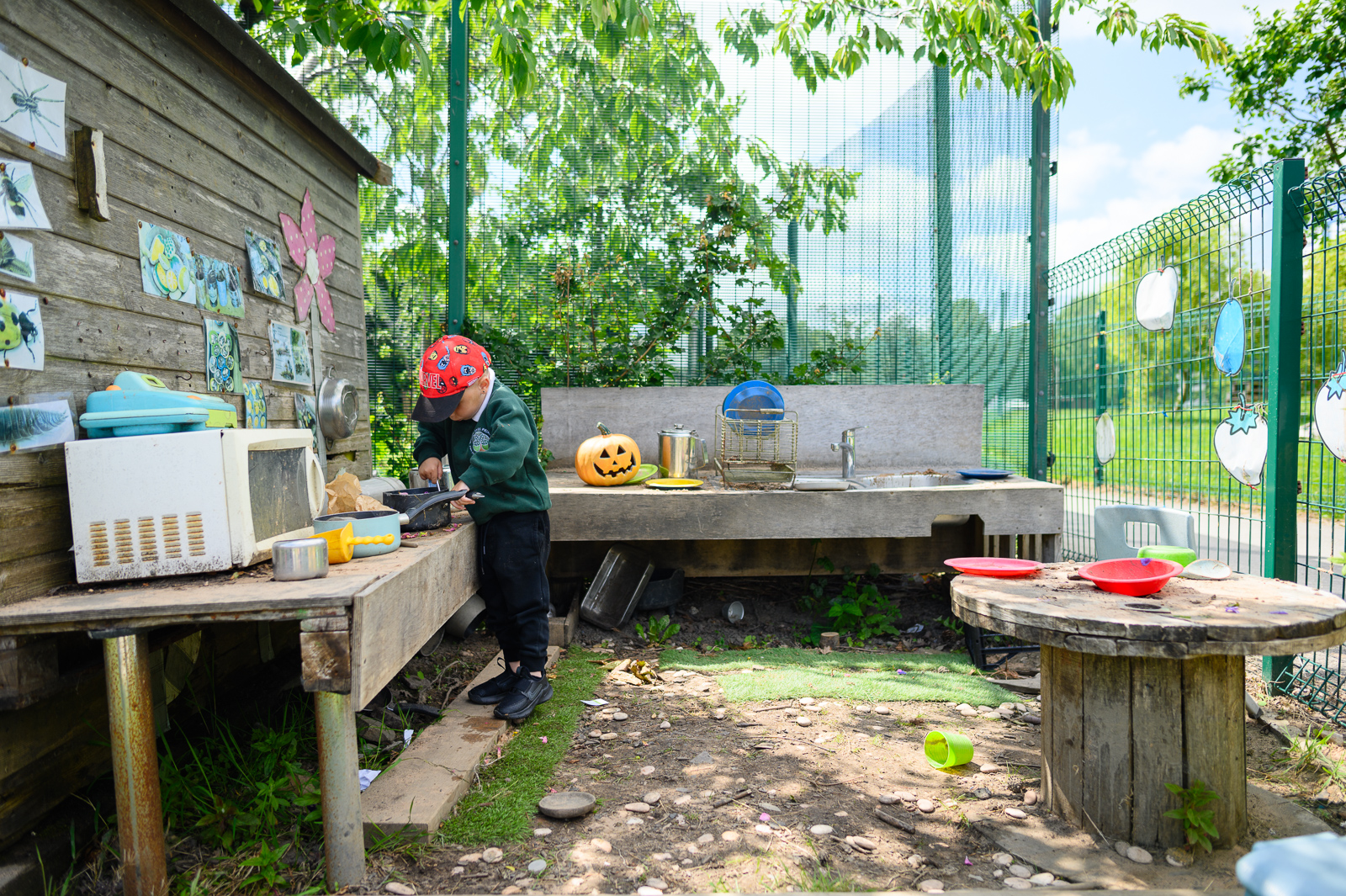Personal Development
Inclusive Citizens at Woodlands Primary
Character is determined by choice, not opinion.
Aristotle
Aristotle, the founder of the theory of ‘character’ explains the development of character like learning to play an instrument. He describes the needed steps of this, through being under pressure to practice, but eventually enjoying playing with skill and understanding. Aristotle’s research focused on how one develops character, initially through early childhood experiences, from the caregiver and their surroundings, but then through developing a wide range of ‘virtues’ and rehearsing these through what he calls ‘phronesis.’ This gives children the building blocks from their initial upbringing, but allows them to deliberately practice and learn skills, and then use them in many different real-life situations.
Good moral character is not something we can achieve on our own. We need a culture that supports the conditions under which self-love and friendship flourish.
Aristotle
Character education permeates in all subjects, wider activities and the day to day of a school; it cultivates the virtues of character associated with common morality and develops students’ understanding of what is excellent in diverse spheres of human endeavour.
Our character development focuses on the term ‘human flourishment.’ This is when an adult (or child) is not only happy, but has reached their full potential. This may not be during their time here at Woodlands, but we play an important part of this, like a component to a composite. Flourishing is the ultimate aim of character development, and this is led by a series of ‘virtues’ or ‘values.’ Here at Woodlands, we have developed the seven areas of RESPECT (resilience, enthusiasm, self-respect, punctuality, empathy, character and talk) to help guide this process.
We also believe that children should be given the building blocks to develop ‘practical wisdom’ or the skills to be able to act appropriately in different situations, whether good or bad. To be able to do this, they need to be WELL INFORMED to be able to make SENSIBLE CHOICES. This is explicitly taught throughout our wellbeing curriculum, for example, through the unit on kindness, tolerance or emotional regulation.
A central focus at Woodlands throughout the curriculum is the Equalities Act 2010. We believe that this is fundamental and core knowledge every child should have to be able to be successful in modern Britain. Each cycle, this is led through key influencers, alongside the carefully chosen curriculum knowledge. By the time pupils leave us in Year 6, pupils will have, stored in their long-term memory, the full range of protected characteristics, with real life examples, including possible hurdles and challenges.
Our mission continues to be simple. We want children to be WELL INFORMED to make SENSIBLE CHOICES and become INCLUSIVE CITIZENS.
Our Core Offer
Woodlands Offer For All

Bespoke Offer
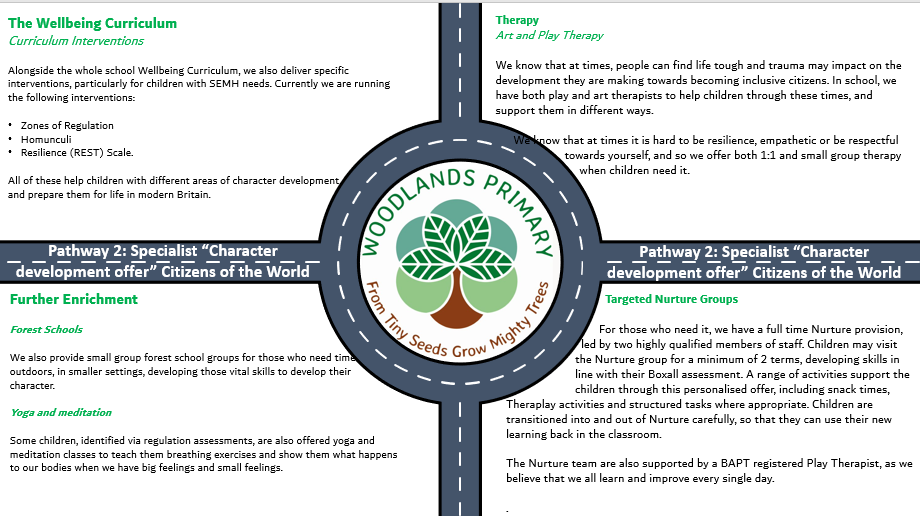
Access to the bespoke offer is through the needs of the child through a range of different assessments and discussions, led by the Senior Leadership Team.
Long Term Plan - Curriculum
How do we ensure we fulfil our intent of ensure children are WELL-INFORMED to make SENSIBLE CHOICES and become INCLUSIVE CITIZENS?
Being WELL INFORMED through:
The Wellbeing Curriculum
The most explicit teaching of personal development is led by the teachers in the classroom, delivering the ‘Wellbeing Curriculum’ each week. This curriculum is split into 4 important areas;
- Woodlands Citizens
- Physically Healthy
- Mentally Healthy
- Relationships
|
Pillar |
Mentally Healthy
|
Woodlands Citizens
|
Physically Healthy |
Relationships
|
|
Core content knowledge |
Emotional Regulation, Cognitive Science and Responsibility
|
Character, Careers and Our Community
|
Drugs, Alcohol and Tobacco, Healthy Eating and Puberty (SRE) |
Friendships, Families, Bullying and Conflict
|
|
Additional coverage |
Democracy and Rights
|
Anti-Social Behaviour
|
Body Image County Lines and Gang Culture (through substance misuse) |
Peer on Peer Abuse Stereotypes Rights of a child |
|
PD week |
Happiness Training |
Our School Week |
Growing Up |
Proud to be British |
|
Recall |
Relationships |
Physically Healthy |
Mentally Healthy |
Woodlands Citizens |
|
Assemblies |
Zones of Regulation |
Aristotle, values and virtues
|
Keeping Safe (Online) |
Anti-Bullying, Kindness |
|
Trips and Visits |
The Art of Being Brilliant
Whole school theatre trip (Sheffield Lyceum) |
Reception transition, Transition Visits (Y6), Whole school ‘Our School’ transition task |
Basic First Aid Bikeability Fire Safety Visit Crucial Crew (Y6) |
Town Hall Parliament Visit |
|
Linked Values |
Self -Respect Talk |
Character/Creativity Resilience Punctuality Talk
|
Enthusiasm Talk
|
Empathy Talk
|
There are also links made with other areas of the curriculum:
Physical Education
Yoga is explicitly taught to all pupils in school, by our in-school PE teacher. He receives a high level of CPD and support through our PE lead, who is also a children’s yoga teacher. Children learn different calming positions, play games and build their knowledge sequentially of mindfulness.
Children also learn the ‘science’ behind physical education at the beginning of every lesson, and use recall to remember important facts such as how to stay healthy and maintaining positive mental health.
Religious Education
School uses the Discovery RE scheme to teach children about other cultures and faiths. This includes developing their understanding of others and promoting all of the British Values within this.
Assessment of the Curriculum
Each cycle, teachers assess the curriculum by using ‘endpoints.’ This is the point of which the teacher works towards during the teaching and learning within the classroom, using each lesson to build towards this.
Throughout our curriculum, we expect the vast majority of children to ‘keep up,’ and we monitor this through “Subject Leader Knowledge Checks.” We talk to pupils, and ask the children what they know and remember, using the key knowledge from the unit of work.
Each cycle, teachers then report to subject leaders, the children who are working ‘below’ the expected standard and ‘above’ the expected standard. Subject leaders then spend time revisiting the curriculum, pulling out key areas of learning to recall and remember for those children who are below, and extends and deepens learning opportunities for those who are above in future sessions.
Workload considerations for assessment are always in place at Woodlands Primary School, and so we give time to teachers to complete these assessments during directed time.
General detail of assessment process:
- Unless children are working significantly below national average, all children will be working towards ‘within,’ which is the age-related expectation for the end of the academic year.
- Children continue to be working at ‘within’ as long as the criteria within the prose statements are secure, as knowledge is building over time in the working, and eventually long-term memory. All concepts only need to be secure at the end of cycle 4.
- To ensure strength in cycle 4, retrieval tasks will be used throughout the year to consolidate learning outside of the cycle. This will be in the form of low stakes testing.
- A child may be deemed to be ‘falling away’ if they cannot remember previously taught concepts, or the child is not secure in the current teaching within that cycle. This is where we would assess them as working ‘below’ the current expectation.
- Children who are ‘below’ or ‘above’ are reported at the end of each cycle to the subject leader, and any additional intervention, including amendments to the curriculum planning to meet the needs of their gaps are planned in to the next cycle.

